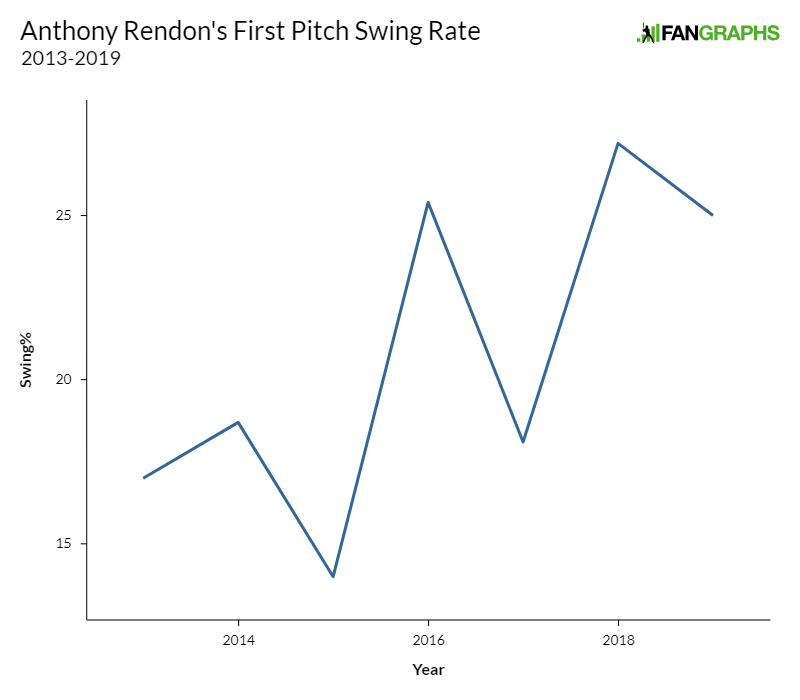Tampa Bay’s pre-deadline activity — trading bat-first prospect Nick Solak for electric reliever Peter Fairbanks, then moving recently-DFA’d reliever Ian Gibaut for a Player to be Named, and sending reliever Hunter Wood and injured post-prospect infielder Christian Arroyo to Cleveland for international bonus space and outfielder Ruben Cardenas, a recent late-round pick who was overachieving at Low-A — got us thinking about how teams’ anticipation of the fall 40-man deadline might impact their activity and the way they value individual prospects, especially for contending teams.
In November, teams will need to decide which minor league players to expose to other teams through the Rule 5 Draft, or protect from the Draft by adding them to their 40-man roster. Deciding who to expose means evaluating players, sure, but it also means considering factors like player redundancy (like Tampa seemed to when they moved Solak) and whether a prospect is too raw to be a realistic Rule 5 target, as well as other little variables such as the number of option years a player has left, whether he’s making the league minimum or in arbitration, and if there are other, freely available alternatives to a team’s current talent (which happens a lot to slugging first base types).
Teams with an especially high number of rostered players under contract for 2020 and with many prospects who would need to be added to the 40-man in the offseason have what is often called a “40-man crunch,” “spillover,” or “churn,” meaning that that team has incentive to clear the overflow of players away via trade for something they can keep — pool space, comp picks, or typically younger players whose 40-man clocks are further from midnight — rather than do nothing, and later lose players on waivers or in the Rule 5 draft.
As we sat twiddling our thumbs, waiting for it to rain trades or not, we compiled quick breakdowns of contending teams’ 40-man situations, using the Roster Resource pages to see who has the biggest crunch coming and might behave differently in the trade market because of it. The Rays, in adding Fairbanks and rental second baseman Eric Sogard while trading Solak, Arroyo, etc., filled a short-term need at second with a really good player and upgraded a relief spot while thinning out their 40-man in preparation for injured pitchers Anthony Banda and Tyler Glasnow to come off the 60-day IL and rejoin the roster. These sorts of considerations probably impacted how the Cubs valued Thomas Hatch in today’s acquisition of David Phelps from Toronto, as Hatch will need to be Rule 5 protected this fall.
For this exercise, we used contenders with 40% or higher playoff odds, which gives us the Astros, Yankees, Twins, Indians, Red Sox, and Rays in the AL and the Dodgers, Braves, Nationals, Cubs, and Cardinals in the NL, with the Brewers, Phillies, and A’s as the teams just missing the cut. Read the rest of this entry »

